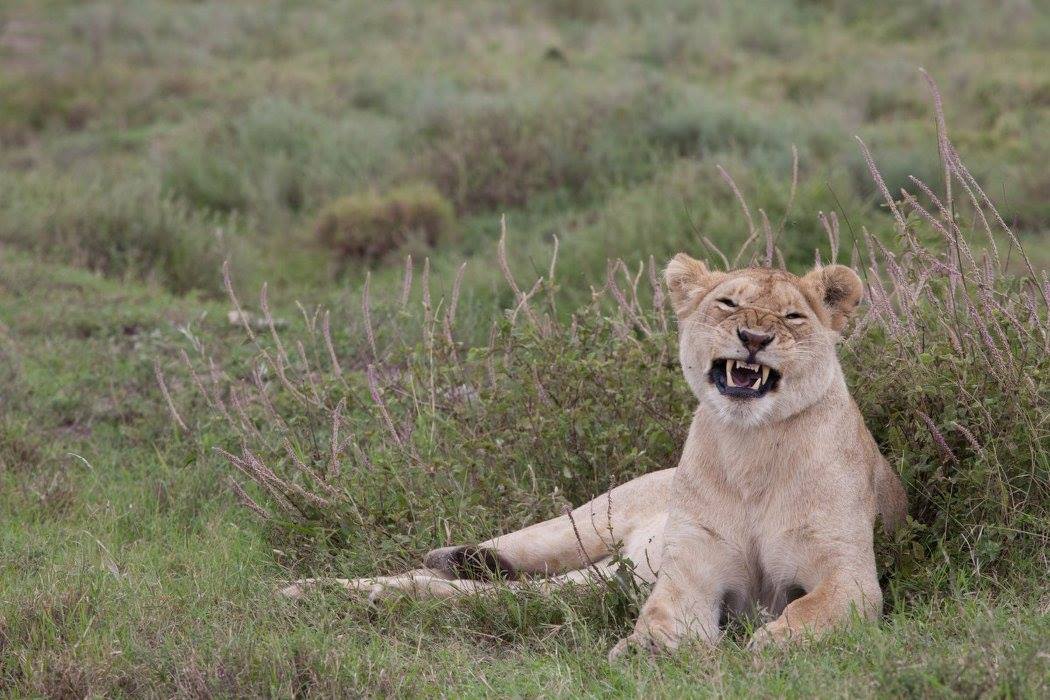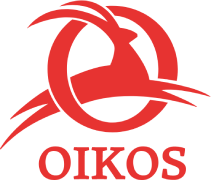Natron-Nguruman ecosystem: defending key biodiversity areas
Protecting natural resources between Kenya and Tanzania

Country
Coexistence between men and wildlife in border territories
Lake Natron in Tanzania and the Nguruman Hills - Lake Magadi in Kenya are essential territories for the protection of biodiversity. They represent an ecological corridor where endangered species such as cheetahs, lions and wild dogs can move freely to feed and breed. In the last two decades, social and environmental changes have been threatening the survival of wildlife, livestock and pastoral communities living in the same territories. In partnership with the Zoological Society of London, Oikos East Africa and SORALO, we work to protect these key areas for biodiversity conservation. Here we also promote sustainable rangelands and watershed management on a transboundary scale.
The survival of Maasai communities living in the Natron-Nguruman area, between Kenya and Tanzania, depends almost entirely on livestock. The coexistence between the communities of shepherds and predators that live in these territories is thus complicated. With this project we work closely with the communities to find the most appropriate solutions to mitigate and prevent human-wildlife conflicts.
We do this starting from the schools. Right here we organize environmental education courses in primary and secondary schools of Gelai Merugoi and Gelai Lumbwa, and in the District of Longido in Tanzania. Through the "rangelands conservation weeks" we want to instill in children the awareness of the importance of protecting these environments, essential for the conservation of many species and for the livelihood of their community. In the meantime, the students themselves are performing theatre plays in schools and village markets.
We are dedicated to finding sustainable economic alternatives for the local population, with a particular focus on women. To do this, we are going to create micro cooperatives to produce leather handicrafts in the South Rift of Kenya. This will provide a stable income for 35 women and their families. In addition, we will strengthen a tannery in Tanzania where 20 women work and we will offer 300 women and young people in Kenya basic training on entrepreneurship through the Marketplace Literacy method. This has already been successfully tested by Oikos in Tanzania in previous projects.
To guarantee peaceful coexistence between rangeland communities and wildlife, we will develop a protocol for conflict management and organize courses for 2,000 members of local communities.
An ongoing cross-border exchange of experience and expertise will allow us to develop action plans to counteract degradation and to manage these both fragile and valuable frontier ecosystems in a sustainable way.
Il progetto in numeri
180k
potabile in Tanzania
22k+
raccolti a Ibo, Mozambico
52k+
in Mozambico e Myanmar
11k+
di educazione nel mondo
200
di attività economiche
in Tz e Myanmar
1700
in Italia
1700
in Italia
52k+
in Mozambico e Myanmar
1700
in Italia
